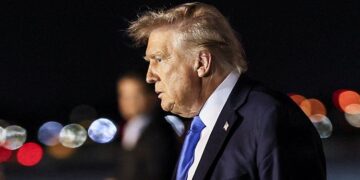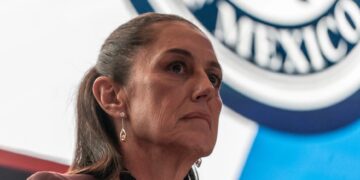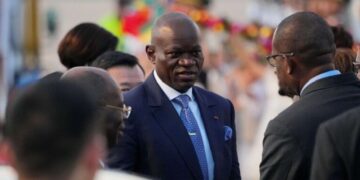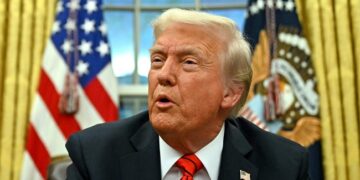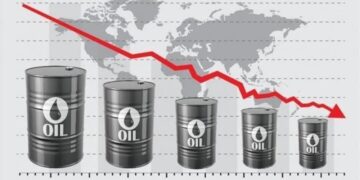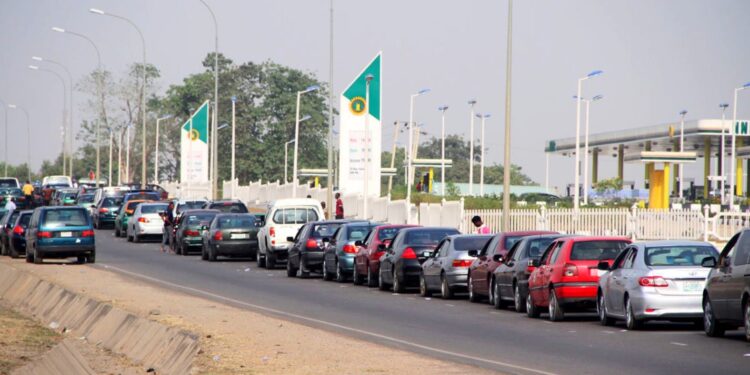By John Ikani
Major petrol stations in Abuja and Kano have adjusted their pump price to N185 per litre in disregard to the Federal Government approved pump price of N165 per litre.
The hike which came a day after Major Oil Marketers Association of Nigeria, MOMAN, said the N165 per litre price was no longer realistic, saw the disappearance of queues at filling stations around Abuja metropolis.
Heritage Times (HT) gathered that while some stations still do not have petrol, some major stations that had the product, including AA Rano and Shafa, adjusted their price boards to N185/l for petrol or Premium Motor Spirit (PMS) while diesel or Automotive Gas Oil (AGO) sold for N850/l.
Local media Daily Trust reports that motorists are comfortable buying at the new rate without spending hours looking for petrol or joining long queues to get the product.
Speaking on the development, the Public Relations Officer, Independent Petroleum Marketers Association of Nigeria, IPMAN, Chief Chinedu Ukadike said it was expected as marketers have to cover their cost of operation.
Ukadike explained that the marketers have been running at a loss these past months, pointing out that most stations closed down because of the rising costs.
Local Vanguard newspaper quoted him as saying: “Abinitio, we have also stated that there is no way marketers will buy products from private depots who are now selling at N170 and some at N167 depending on the area the tank farm is situated. These private tank farms owners have made it clear that they cannot sell at government approved price.
“Marketers cannot buy at N167-N170 and you expect them to sell at N165. This is why marketers have looked at the high cost of logistics because diesel is at N850 per litre now and to transport product from these wet areas to dry areas cost a lot of money.
“If you look at Abuja you will see that it does not have any depot that supplies petroleum products. All petroleum products in Abuja, Kano and other northern areas of the country are being taken from wet areas like Lagos, Calabar and others which have seaports.
“The products are all imported and Nigeria is heavily dependent on imports because the refineries are not working. So the private tank farms are now used to supply petroleum products to marketers. We are now left in their hands and whatever they sell to us, we will mark up our margins and sell to customers, the end users”, he added.
He explained that pump prices would vary from one filling station to another across the country because of where the product was sourced by the marketer.
“While those (marketers) in Calabar might buy at N170 or those in Port Harcourt at N162 or those in Lagos at N163 depending on how the tank farm owner got his product, if you include cost of logistics and the numerous taxes government have imposed on us, then the end result is what you are seeing”, he stated.







